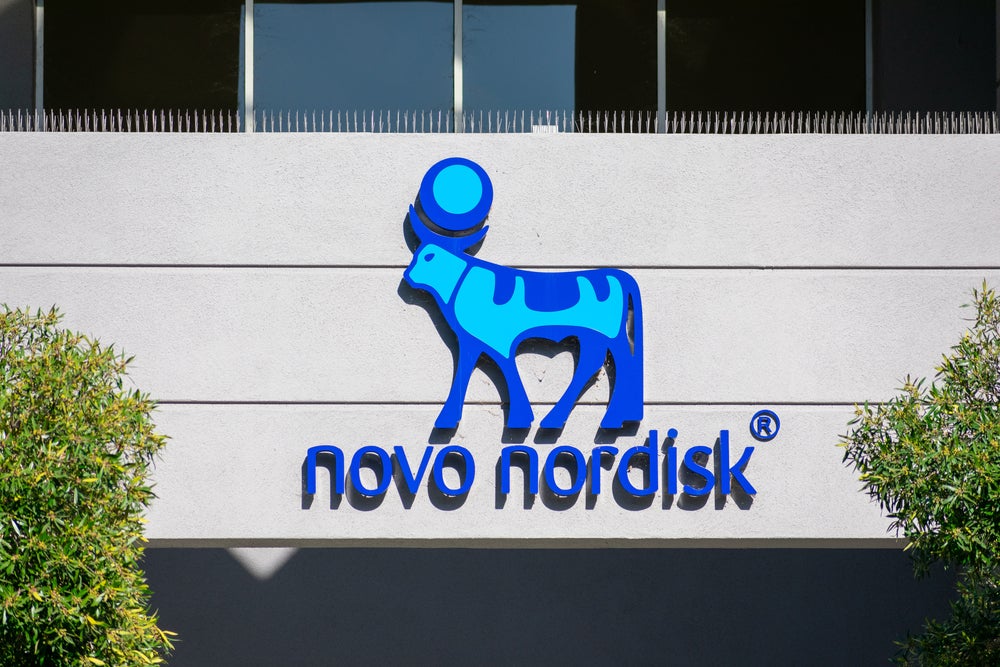
Pharmaceutical companies need more involvement with agencies as they develop AI regulations.
At the Veeva R&D Summit at the Marriott Madrid Auditorium, Novo Nordisk senior vice president Thomas Senderovitz said that pharma companies need to have more involvement as agencies develop these regulations.

Discover B2B Marketing That Performs
Combine business intelligence and editorial excellence to reach engaged professionals across 36 leading media platforms.
Senderovitz is working with partners from other pharmaceutical companies, including James Weatherall, vice president of data science and AI in the R&D department at AstraZeneca, to try and work with the agencies as they construct guidance.
“The challenge is that you have different regulatory systems that do not always have the same view,” Senderovitz explained.
“In Europe, you have notified bodies, you have the EU act that will be handled by other agencies, and you might have even more legislation. You have to think about the number of different rules or regulations you have to follow.”
One of the biggest reasons is so that AI can be utilised in global trials for processes such as data management, protocol assignment and more while abiding by each piece of legislation and not needing to adapt the protocols to meet the requirements of specific regions.

US Tariffs are shifting - will you react or anticipate?
Don’t let policy changes catch you off guard. Stay proactive with real-time data and expert analysis.
By GlobalData“It’s completely fine that agencies have different views on what is submitted but why should there be a difference in the dossier because of a geographical difference? Your trial shouldn’t have to be different if you’re in the US, South-East Asia, Western Europe, Africa, or Latin America – it should be the same,” Senderovitz added.
“As a result, it is important that everyone works together to at least share our views on this.”
In February 2023, the European Medicine Agency released the Clinical Trial Registry (CTR), however, the associated documents do not mention the use of AI in drug development, something which experts have said needs to be addressed.
In February 2024, Novo Nordisk announced that it would be working with Evidon to develop an AI super-computer named Gefion which will be used to accelerate research and innovation in healthcare, life sciences, and the green transition.
This technology can be used in several ways by Novo Nordisk, including the analysis of real-world data (RWD) so the company can decide in which other indications beyond obesity and type 2 diabetes their drug candidates could show promise.
The utilisation of AI and automation in R&D was a big topic of conversation at the Veeva Summit, with Novo Nordisk vice-president Ibrahim Kamstrup-Akkaoui speaking about the DataNow programme, with the company setting out ambitions from move from final protocol approval to go live in just one day.





